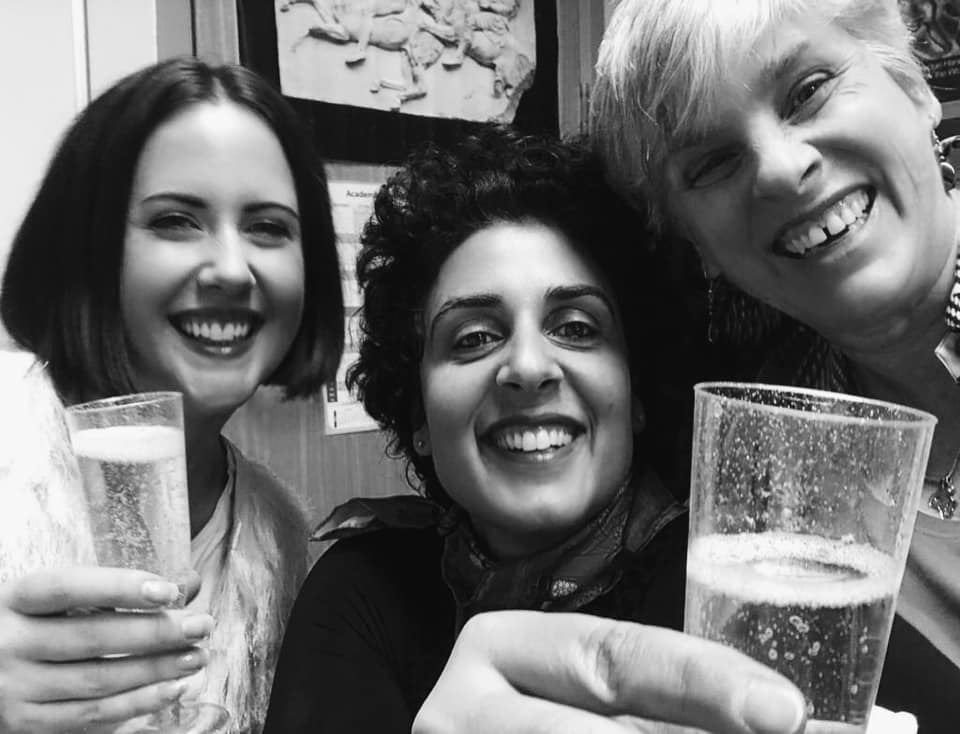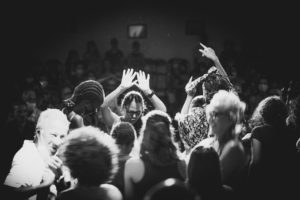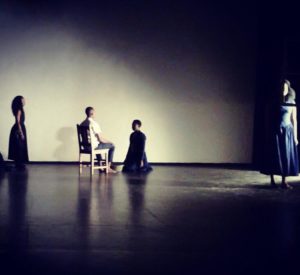
Celebrating the PhD, onwards ECR
Yesterday I experienced the PhD viva and left unscathed (!), enthusiastic about the nature of the PhD reviewing and examining process, and able to celebrate, for the very first time, my own prospects as an early career researcher (ECR).
In the past four years I have been nourished and supported by my supervisors Dr Yvette Hutchison (theatre and performance) and Professor Jo Angouri (applied linguistics) on interdisciplinary research now titled Mobilising languaging: Facilitating dynamic linguistic resources in applied performance praxis. Yesterday, I was fortunate to have been examined by the astute Dr Kelly Freebody (external, University of Sydney) and Dr Silvija Jestrovic (internal) and the session chaired by Professor Nicolas Whybrow.
My examiners opened the session informally, with a kind and down-to-earth introduction to make me aware of the session’s structure and their general expectations. They proceeded to ask relevant and nuanced questions which guided me to justify my key decisions as well as to tie all of its parts together as a complete piece of research. Additionally, we had time to collaboratively imagine its next stages, theoretically and practically – an aspect that was both creatively and intellectually gratifying. It all went by within only an hour, albeit an intensely enriching one, before I briefly left and returned to a pass mark with minor corrections.
Today I woke with a powerful and somewhat conflicting set of emotions and intentions: I had a renewed sense of confidence, perhaps due to the positive comments about the thesis’ analytical sophistication; like no other time before, I also felt legitimised by the urgency to write and publish; however, equally, I experienced the fade of an anticlimax, knowing that as I turn from the PhD, I am equally distanced from the mentorship that I have relied on in the crevices of this journey.
To combat the fade, I write this short blog post to emphasise the nature of celebration: celebrating how I have shaped and been shaped by my PhD research; how my supervisors have so deeply invested their intellectual, physical and emotional labour into this research; and, how so many new previously mystified paths are now illuminated for me.
I came to this PhD research to inform applied performance praxis and I leave it with a perpetually wider and more complete view. I see greater detail in the mapping and merging of analytical, theoretical, practical and contextual lines, and just now I take the opportunity to stand back to focus.


